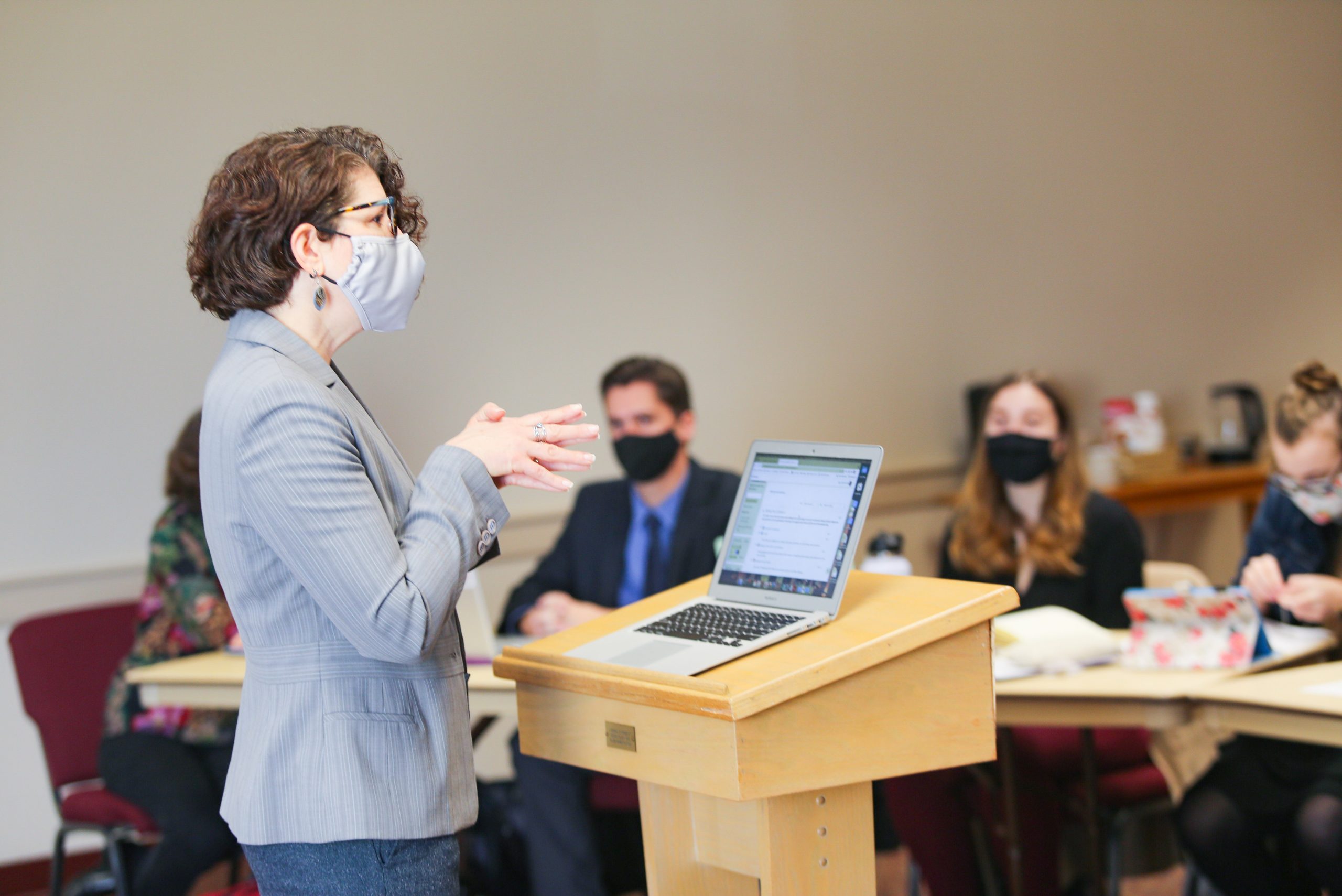A controversial education reform bill titled “Education Matters,” HB 1134, passed out of the Indiana Senate Education Committee on Wednesday and is set to advance to the full Senate for debate next week.
HB 1134 has gained the support of Joanna King (R-49), a representative from Goshen College’s district, who has already voted in favor of the bill. Indiana Sen. Linda Rogers (R-11), who represents some of Elkhart County, is the bill’s lead sponsor in the senate alongside co-sponsor State Sen. Blake Doriot (R-12), representing GC’s district.If passed, the bill will prohibit Indiana teachers from teaching lessons that suggest any “sex, race, ethnicity, religion, color … or political affiliation” is seen as inherently superior or inferior to another.
Many educators view this bill as a way to deter teachers from having authentic dialogues in the classroom about the systematic nature of racism, sexism and discrimination that linger throughout America.
“Teachers would be allowed to talk about historic … injustices,” since those are more generally agreed upon as fact, said Suzanne Ehst, professor of education.
However, problems would arise when connecting those historical events to the present day or suggesting that racism exists systemically. “When it comes to talking about the ways inequalities persist structurally,” Ehst said, “teachers could be very limited if this bill passes.”
“We want students to develop critical thinking skills,” said Kathy Meyer Reimer, chair of the education department. “They need to hear perspectives on a lot of things, including what happened in our past and what is happening in our present and how we’re planning for the future.”
Controversy around the bill has erupted throughout the state and extends into GC’s education department, where many voice concerns.
Mariela Esparza, a secondary English education major, said, “the bill is going to limit what I teach. … There’s so many books being banned, too. How am I supposed to do my job effectively?”
Education students are concerned that HB 1134 will impact the relationships students of color have with their teachers.
“I will not be allowed to talk about anything related to racial disparities … which require acknowledging that people are treated differently,” said Jayden Hernandez, an elementary special education major. “Teachers should be someone students can trust and count on.”
Esparza added, “If I have to protect white kids’ feelings, I’m not going to be able to have certain conversations in the classroom that would make students of color feel more seen.”
Another prominent concern is that this bill demonstrates a lack of trust in educators. The initial House version of the bill included a mandate that teachers work with an advisory committee including parents and community members to develop their curriculum.
While the Senate removed this mandate and removed parents’ ability to opt their children out of activities that may challenge their beliefs, complaints could reach the Indiana Department of Education if they are not settled by the school district.
“It feels like [legislators are] questioning the professionalism of the field,” said David Hooley, a mathematics secondary education major. “It has potential to drive teachers away and discourage people who want to go into teaching.”
Hooley said he realizes the importance of parents wanting to be informed about what their kids are learning; however, there are many ways to do so, such as access to learning portals and textbook adoption committees.
“We already train teachers to be responsive to parents,” said Ehst. “Teachers already provide alternative assignments … if it does go against students’ deeply held beliefs. Parents should know that teachers have their kid’s best interests at heart.”
Cadence Lee, a secondary education music major, raised a concern about the need for teachers to get parental consent before speaking with children about mental health issues. “In order to receive treatment or to frequently see the school psychologist,” Lee said, “they need consent from a parent. Well, what if the parents or the guardians are the issue?”
Despite the changes that might come if HB 1134 is passed, GC students voiced their desire to stay in the education field.
“In the end, it’s about the kids,” said Esparza. “I’m picturing a younger me and asking myself what I needed that students will need.”
But students are mixed on whether they will stay to teach in Indiana.
“The passing of the bill, as it’s being amended, is not enough to push me out of Indiana,” said Hooley, “[But] it’s a message that would hurt.”
Lee and Hernandez think differently. The lack of respect for teachers and students makes them think about going somewhere else.
As for Esparza, “If I had the option to teach in another state,” she said, “I don’t know. It’s happening everywhere.”
The bill is still in the amendment process. In the meantime, Ehst encouraged people to “write your senators — they know we have a teacher shortage. If pre-service teachers are saying, this bill is making me reconsider my major, that has a lot of power.”



